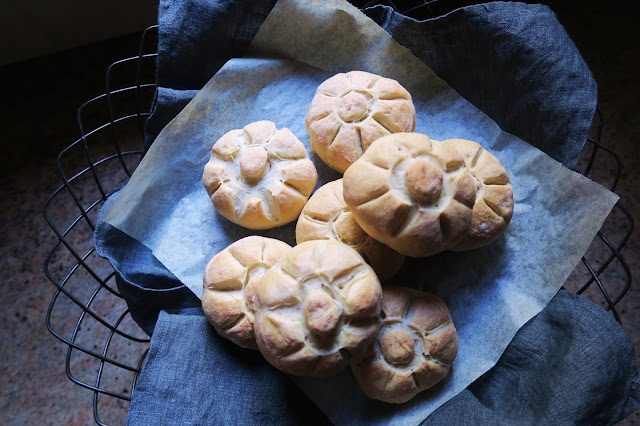The year is nearing the end and we are all preoccupied with how to lose those few gained pounds and perhaps some new year resolutions. Those amazing sweets are slowly disappearing from our festive daily consumption, or perhaps not! Never the less, we are beginning to wind down.
Not all Italian festivities revolve around sweets. There are many significant savoury dishes such as Lenticchie Stufate di Capodanno. It is an Italian tradition to eat a stew of lentils on the eve of the new year for good luck. It is said that their coin like shape will ensure wealth and prosperity for the coming year - I think richer in terms of nutrition perhaps! The lentils are probably not commonly served here in Australia as part of New Years Eve festivities being summer and all, but I am sure there are families who have incorporated the lentils in a dish or two for good luck.
As it is not a common tradition here in Australia, I first learnt and experienced this tradition when I spent my first Capodanno (New Years Eve) in Potenza with my paternal grandmother in my teens. I thought it was strange to see a dish as such especially when I was used to eating this on any other ordinary winters day. On the eve of the new year it was served as an entree and of course being only a tradition and a sign of good luck, a small quantity would be eaten, leaving room for other indulgent dishes leading up to midnight. Fireworks would be set off like everywhere else around the world and it is said that in medieval times, making a lot of noise on the last day of the year guaranteed warding off evil spirits.
Lenticchie Stufate (Stewed Lentils)
Serves 6 people
350 g of dried lentils
1 medium onion
2 stalks of celery
1 medium carrot
2 bay leaves
400ml of tomato passata
4 tablespoons of olive oil
1/2 litre of water
Salt & pepper to taste
Soak the lentils in warm water overnight, which allows the
skins to soften.
Finely dice the onion, celery and carrot. In a medium saucepan, add the oil and fry the onion, celery and carrot until cooked through.
Add the lentils, tomato passata, bay leaf and cover with water and allow to cook for approximately an hour until tender.
Season to taste.
La Befana
Another typical tradition I experienced in Italy around this time of year while shopping was seeing store windows filled with red lingerie. In my mind it was definitely too early for Valentines Day. On the 6th of January young couples would buy red underwear and lingerie for each other. My Aunt bought all her single nieces a pair of lacy red knickers as a sign of good luck - in love I guess! This tradition is linked to La Befana.
Throughout Italy the traditional Christmas holiday period lasts until the Epiphany - 6th January. The tradition of La Befana is a big part of the season. Italian children would receive their gifts on the day of the Epiphany instead of Christmas day as did baby Jesus. The arrival of La Befana is celebrated with Panettone and marks the end of the festive season.
This is an Italian children's nursery rhyme that my maternal grandmother would recite to me.
con the scarpe tutte rotte
Wishing everyone Good Luck for the new year!




Comments
Post a Comment